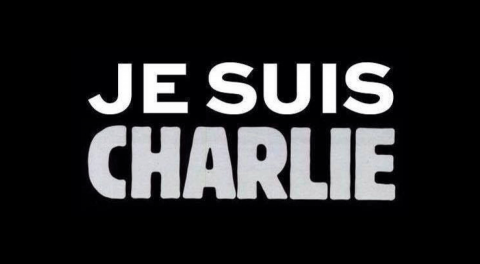Letter to Commissioner Moedas on Fighting Terrorism and Radicalization

The European Commission issued a Press Release: “Fighting terrorism at EU level, an overview of Commission’s actions, measures and initiatives”. It focuses primarily on a number of economic, police enforcement and legal actions. However, there is also a comment on the need for ‘helping member states to put in place deradicalisation programmes by fostering dialogue and cooperation with civil society in order to prevent radicalisation and extremist violence.’ We would like to emphasize that this approach is central to cope with the problem of terror ism and radicalisation. Radicalisation and terrorism are not exclusively technical issues and challenges.
We thus fully agree with the statements, issued by the French Minister for Education, Higher Educa-‐ tion and Research, Ms Najat Vallaud-‐Belkacem, who addressed the Constitutive General Assembly of the ‘European Alliance for Social Sciences and Humanities’ (EASSH) in Paris on 16 January 2015. She rightly pointed to the essential contributions Social Sciences and Humanities can deliver:
“ I want to assure you again of my full support for your initiative, and this all the more so because of the rather specific context in which we find ourselves, that is the rise of extremism, the questioning of the values of the Republic, the social and economic malaise, the contestation and fragmentation of our collective values, the attacks against peaceful coexistence. All these developments must be examined by us together. … The social sciences and humanities must be consulted and we expect you to participate in this reflection process through your research endeavours. Recent events have reaffirmed the role of schools within our Republic… Education is a good that we must strive collectively to keep alive, and because of this it must be supported by the work of everyone, in particular by researchers in the humanities and social sciences. …”
Social sciences and humanities, including education at all levels, are essential to better understand, anticipate and cope with the changes in people’s behaviour, including the most violent ones which threaten our democracies and freedoms. As President of EASSH, I therefore urge the EC to involve research and researchers from the social sciences, humanities and education in the preparation of the necessary plans and actions at EU level, notably by funding SSH research at adequate levels in Horizon 2020. This means that the current policy set by the previous Commission to cut by half the SSH budget in Societal Challenge 6 on “Inclusive, innovative and Reflective Societies” should be fundamentally revised by you in full accordance with the new EU agenda in favour of growth, jobs, fairness and democratic change.
Yours sincerely
Lejf Moos,
President of EASSH